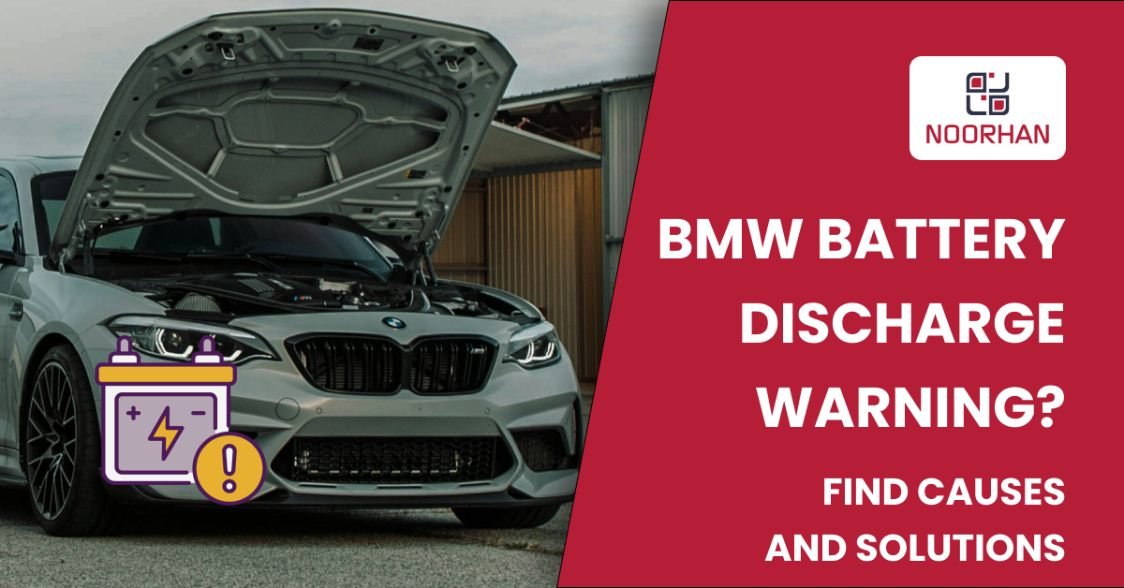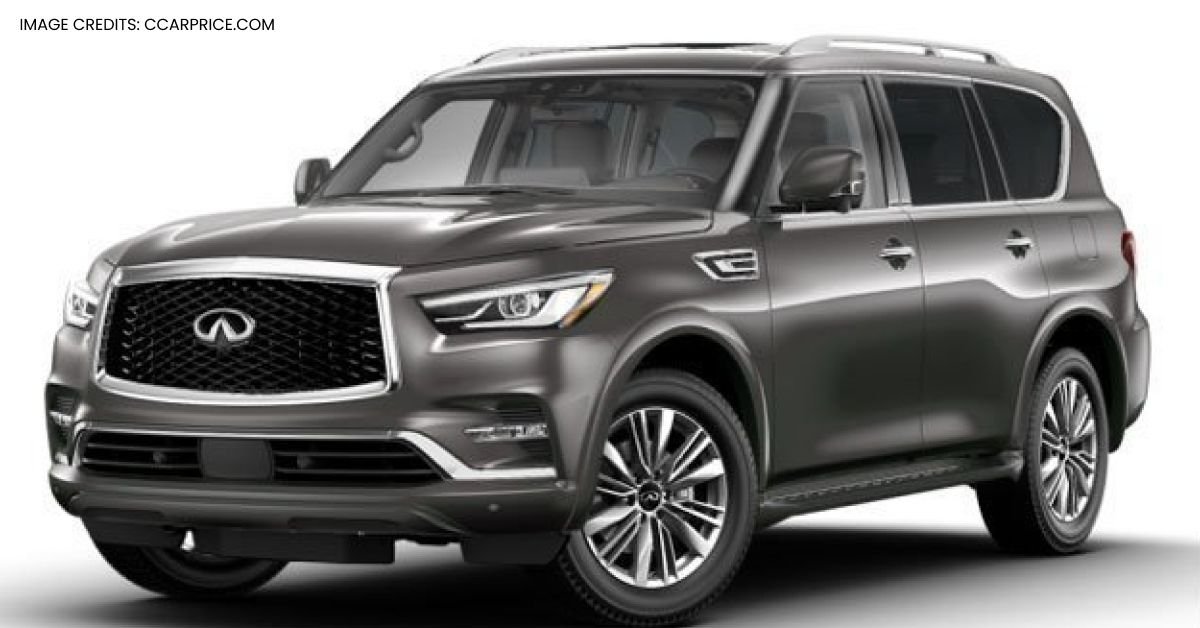-
Understanding the BMW Battery WarningUnderstanding the BMW Battery Warning
-
Causes of Battery Discharge WarningsCauses of Battery Discharge Warnings
-
Diagnosing Battery Discharge IssuesDiagnosing Battery Discharge Issues
-
Solutions for Battery Discharge WarningsSolutions for Battery Discharge Warnings
-
Preventing Future Battery Discharge IssuesPreventing Future Battery Discharge Issues
If you’re a proud BMW owner, you may have encountered the dreaded battery discharge warning at some point. This alert can be concerning, but don’t worry – we’re here to help you understand what’s happening and how to address it. In this comprehensive guide, we’ll explore the causes of BMW battery discharge warnings, their implications, and most importantly, how to solve the problem. Let’s dive in and keep your BMW running smoothly!
Understanding the BMW Battery Discharge Warning
What Does a BMW Battery Discharge Warning Mean?
When you see a BMW battery discharge warning on your dashboard or iDrive screen, it’s your vehicle’s way of telling you that the battery is losing power faster than it’s being recharged. This situation can lead to electrical failures and potentially leave you stranded if not addressed promptly.
Common BMW Battery Discharge Warning Messages
Depending on your BMW model, you might see different warning messages related to battery discharge:
- “Battery charge very low”
- “Increased battery discharge while stopped”
- “Start engine to charge battery”
- “Battery discharging while stationary”
These messages all indicate the same underlying issue: your BMW’s battery is not maintaining a sufficient charge.
Causes of BMW Battery Discharge Warnings
Understanding the root causes of BMW battery discharge warnings is crucial for effectively addressing the issue. Let’s explore some of the most common reasons you might be seeing this alert.
1. Weak or Old Battery
One of the primary culprits behind BMW battery discharge warnings is simply an aging or weakened battery. Most car batteries have a lifespan of about 3-5 years, depending on usage and environmental factors. As batteries age, they lose their ability to hold a charge effectively.
2. Faulty Intelligent Battery Sensor (IBS)
BMWs are equipped with an Intelligent Battery Sensor (IBS) that monitors the battery’s performance. If this sensor malfunctions, it can lead to inaccurate readings and unnecessary battery discharge warnings.
3. Excessive Use of Electrical Accessories
Modern BMWs come with a plethora of electrical features and accessories. Overusing these, especially when the engine is off, can rapidly drain the battery. Common culprits include:
- Infotainment systems
- Heated seats
- Climate control
- Exterior and interior lighting
4. Short Trips and Infrequent Driving
Believe it or not, how you drive your BMW can impact its battery health. Frequent short trips, especially in cold weather, may not allow enough time for the battery to fully recharge. This can lead to a gradual discharge over time.
5. Parasitic Draw
A parasitic draw occurs when electrical components continue to consume power even when the vehicle is turned off. This can be caused by faulty wiring, malfunctioning control modules, or aftermarket accessories that aren’t properly installed.
6. Alternator Issues
The alternator is responsible for charging your BMW’s battery while the engine is running. If it’s not functioning correctly, your battery won’t receive the charge it needs, leading to discharge warnings.
7. Extreme Weather Conditions
Both very hot and very cold temperatures can affect your BMW’s battery performance. Extreme cold can reduce a battery’s capacity, while excessive heat can accelerate internal corrosion and water loss.
Diagnosing BMW Battery Discharge Issues
Before you can solve the problem, it’s important to diagnose the exact cause of your BMW’s battery discharge warning. Here are some steps you can take:
1. Check Battery Age and Condition
Start by inspecting your battery’s age and physical condition. Look for signs of corrosion on the terminals or any visible damage to the battery case.
2. Test Battery Voltage
Using a multimeter, you can check your battery’s voltage:
- Set the multimeter to the 20V DC range.
- Connect the red probe to the positive terminal and the black probe to the negative terminal.
- A healthy battery should read around 12.6V when the car is off.
- Start the engine – the voltage should rise to about 14V, indicating the alternator is charging the battery.
3. Inspect for Parasitic Draw
To check for parasitic draw:
- Disconnect the negative battery terminal.
- Set your multimeter to measure current (amps).
- Connect the multimeter between the negative battery cable and the negative battery terminal.
- A reading above 50 milliamps may indicate a parasitic draw.
4. Scan for Error Codes
Use an OBD-II scanner to check for any error codes related to the battery or charging system. This can help identify issues with the IBS or alternator.
Solutions for BMW Battery Discharge Warnings
Now that we’ve explored the causes and diagnosis of BMW battery discharge warnings, let’s look at some solutions to get your BMW back in top shape.
1. Replace the Battery
If your battery is old or failing, the simplest solution is often to replace it. Be sure to choose a battery that meets BMW’s specifications for your model.
2. Address Parasitic Draw
If you’ve identified a parasitic draw:
- Check for any aftermarket accessories that might be improperly installed.
- Have a professional inspect your vehicle’s electrical system for faulty components or wiring.
3. Adjust Driving Habits
To help maintain your battery’s charge:
- Take longer drives when possible, especially in cold weather.
- If you know you won’t be driving for an extended period, consider using a battery maintainer.
4. Limit Accessory Use
Be mindful of your electrical accessory usage, especially when the engine is off. Avoid using power-hungry features like the infotainment system or climate control for extended periods without the engine running.
5. Check and Replace the Alternator
If your alternator is failing, have it replaced by a qualified mechanic. This will ensure your battery receives proper charging while driving.
6. Update Vehicle Software
In some cases, BMW may release software updates that can improve battery management. Check with your dealer to ensure your vehicle’s software is up to date.
7. Replace the Intelligent Battery Sensor
If you’ve ruled out other issues and suspect a faulty IBS, have it replaced by a BMW specialist.
Preventing Future BMW Battery Discharge Issues
Once you’ve resolved your current battery discharge warning, take these steps to prevent future issues:
- Regular maintenance: Have your BMW’s electrical system checked during routine service appointments.
- Keep it clean: Regularly clean your battery terminals to prevent corrosion.
- Drive regularly: Try to drive your BMW at least once a week for 15-20 minutes to keep the battery charged.
- Consider a trickle charger: If you store your BMW for extended periods, use a trickle charger to maintain the battery’s charge.
- Be proactive: If you notice any signs of electrical issues, address them promptly before they lead to battery problems.
Read in detail: Know About BMW Battery
Conclusion: Keeping Your BMW Powered Up
Dealing with a BMW battery discharge warning can be frustrating, but armed with the knowledge from this guide, you’re well-equipped to tackle the issue. Remember, a healthy battery is crucial for the overall performance and reliability of your BMW.
By understanding the causes, knowing how to diagnose the problem, and implementing the right solutions, you can ensure your BMW stays powered up and ready for the road ahead. If you’re ever in doubt, don’t hesitate to consult with a BMW specialist or your local dealership. They can provide expert assistance tailored to your specific model and situation.
Keep these tips in mind, and you’ll be well on your way to enjoying many more miles of the ultimate driving experience in your BMW. Happy driving!









